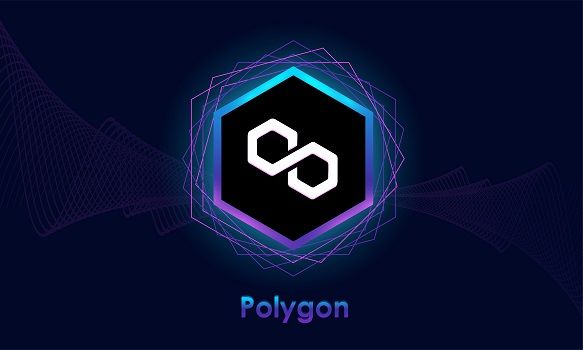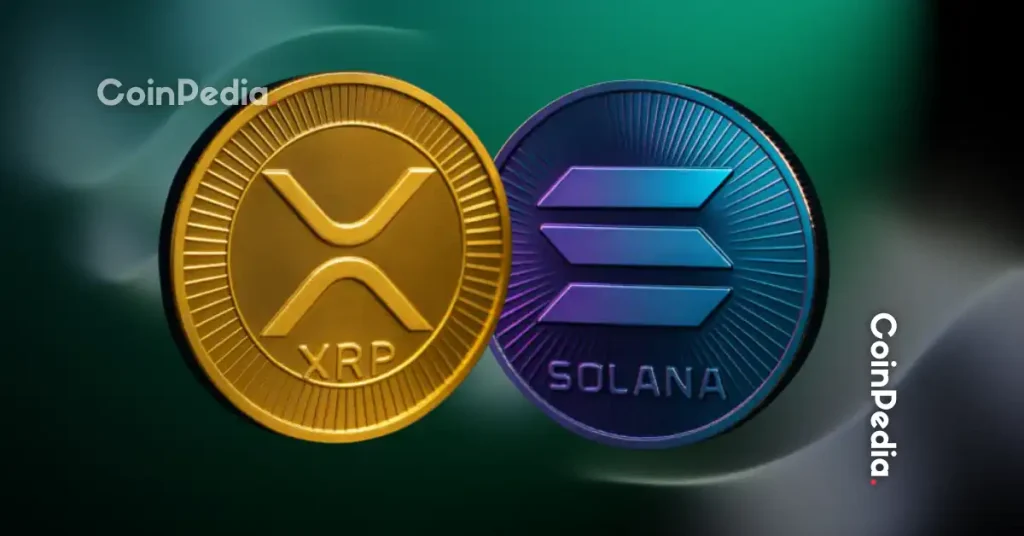
On September 4, 2024, Polygon, a prominent Ethereum scaling solution, completed a significant transition from its long-standing MATIC token to the newly introduced POL token. This migration is a pivotal element of the Polygon 2.0 roadmap, designed to enhance the network’s scalability and utility.
With POL becoming the native gas and staking token, Polygon aims to usher in a new era of cross-chain interoperability and advanced blockchain technology.
Automatic conversion for MATIC holders on Polygon
Following the transition, Polygon Labs announced that the token swap from MATIC to POL would be executed on a 1:1 basis, meaning that holders of MATIC would get the corresponding amount of POL after converting.
For those holding MATIC directly on Polygon’s proof-of-stake chain, no action is required. The migration process is automatic, ensuring a smooth transition for users.
On the other hand, MATIC holders who have their tokens on the Ethereum network need to manually migrate their tokens using the Polygon Portal Interface. This process can be initiated at any time, as there is no set deadline for the conversion.
For advanced users or those holding MATIC as ERC-20 tokens in hardware wallets, additional steps may be required, and Polygon has provided resources to assist with these transitions.
Centralized exchanges are also handling the migration process, though each will have its procedure. Users are advised to check with their respective exchanges for specific instructions on how the upgrade will be managed.
Key details: Automatic Migration: For MATIC holders on Polygon PoS, no action is required. Your tokens will automatically convert to POL. Manual Migration: MATIC holders on Ethereum can use the Migration Link in the Polygon Portal to upgrade from MATIC to POL. CEX Migration:…
This decentralized approach ensures that the migration process is tailored to various platforms, making the transition as seamless as possible for all users.
POL upgrade fundamental for Polygon’s 2.0 roadmap
According to Marc Boiron, the CEO of Polygon Labs, the introduction of the POL token is not just a routine upgrade; it represents a leap towards a more “hyperproductive” token utility.
Unlike MATIC, which was primarily used for gas fees and staking, POL is designed to earn fees from multiple sources within the Polygon ecosystem. This includes additional actions such as staking to secure data availability or decentralizing a sequencer, with more fee-generation options expected in the future.
The POL upgrade is a fundamental part of Polygon’s 2.0 roadmap, which includes the development of the AggLayer, an aggregation layer aimed at enhancing cross-chain interoperability.
The AggLayer will aggregate zero-knowledge proofs from connected chains, enabling near-instant, atomic cross-chain transactions. This aligns with Polygon’s vision of providing “infinite scalability” and integrating various blockchains, including Ethereum and Bitcoin, into a unified network.
As the Polygon network embraces its new token and continues to evolve, users await to see whether the new token will offer the expected enhanced functionality and broader opportunities. Investors are also keen to see if the transition will offer some oomph to the declining value of the previous token MATIC which has dropped by over 17% over the past week.
The post Polygon completes MATIC to POL transition, boosting network scalability and cross-chain interoperability appeared first on Invezz















 English (US) ·
English (US) ·